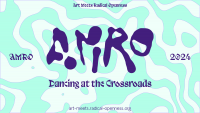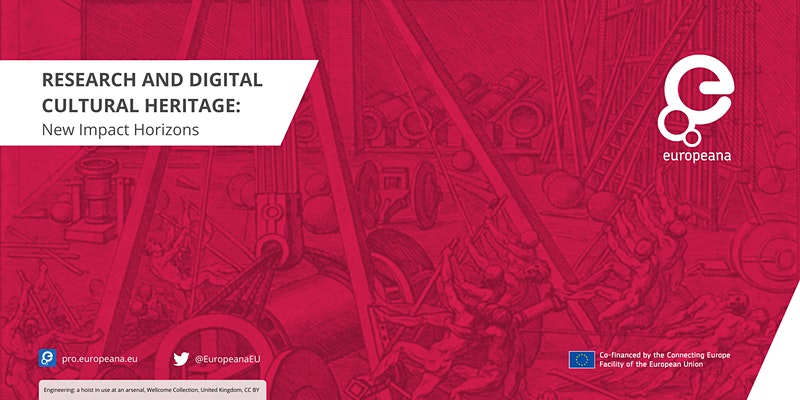
On 11 and 12 May 2021, Europeana will bring together cultural heritage professionals, policy makers, academics and researchers to discuss impact horizons of research when nurtured by digital cultural heritage.
Digital content and technology democratise access to cultural heritage and can stimulate positive social and economic change, especially when they support Research and Innovation. The cultural heritage sector is exploring new ways of community engagement, participatory and co-creation processes, in parallel with researchers in the Social Sciences and Humanities, who are the most interested in the potential reuse of digital cultural heritage. For their part, policy-makers and funders increasingly require social impact to be considered in research design and outcomes.
This symposium is the first event that brings together an impact-oriented approach and the research perspective within the Europeana context. The scientific committee has arranged the programme across four sessions to facilitate participation from different time zones. Twenty speakers will represent the research and cultural heritage sectors and the policy making sphere.
PROGRAMME AND REGISTRATION: https://www.eventbrite.co.uk/e/research-and-digital-cultural-heritage-new-impact-horizons-tickets-150686406097
Read more on Europeana Pro blog: https://pro.europeana.eu/post/join-our-symposium-research-and-digital-cultural-heritage-new-impact-horizons


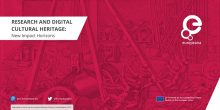
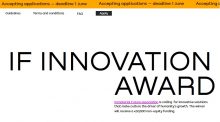
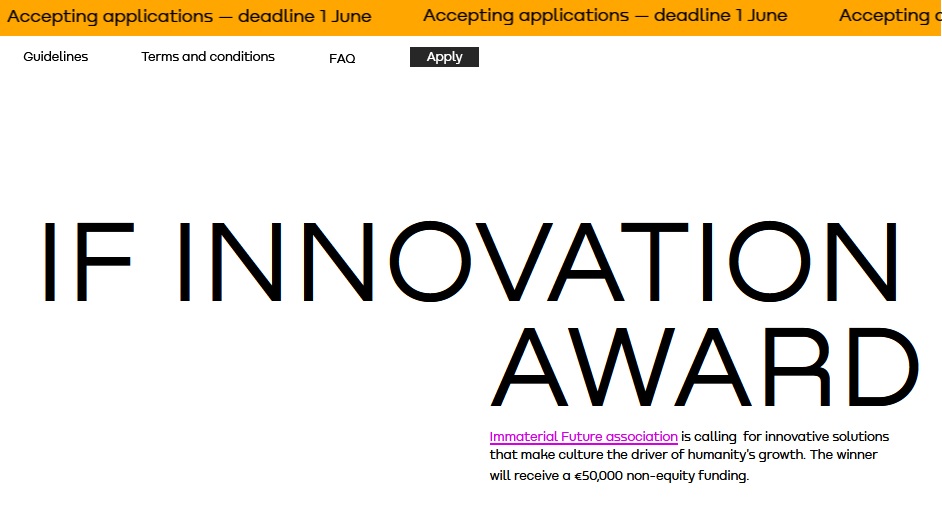

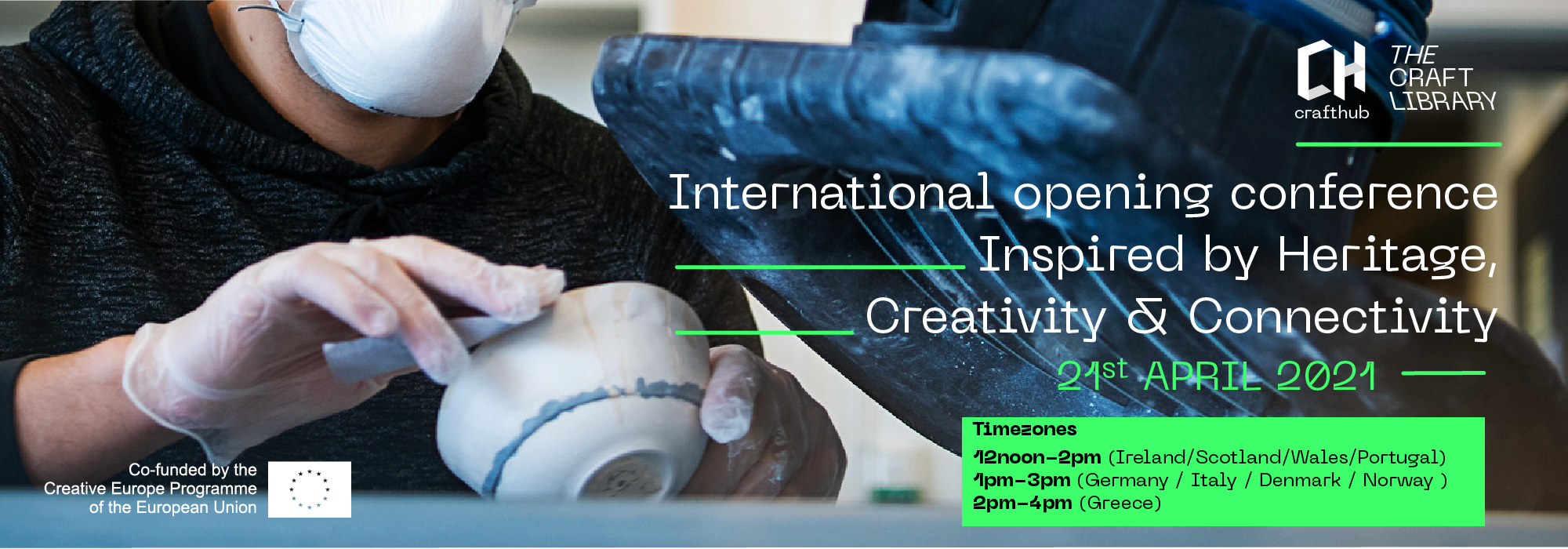 Craft Hub is a European project co-funded by the Creative Europe Programme focused on Craft in the context of cultural heritage and its continuing relevance in contemporary practice.
Craft Hub is a European project co-funded by the Creative Europe Programme focused on Craft in the context of cultural heritage and its continuing relevance in contemporary practice.
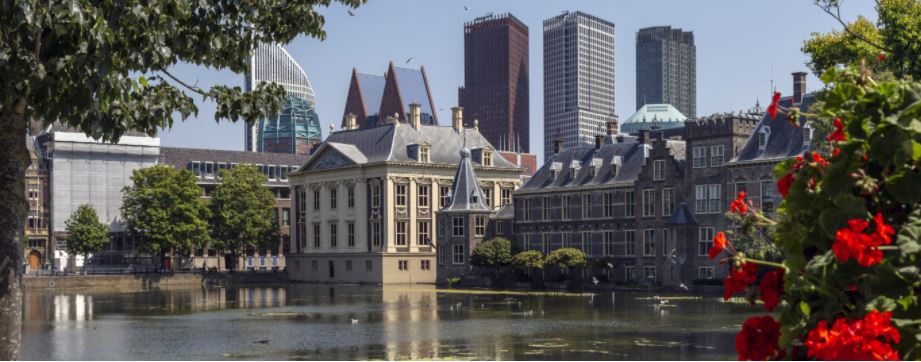 HERILAND is a pan-European research and training network on cultural heritage in relation to Spatial Planning and Design. It is funded by the
HERILAND is a pan-European research and training network on cultural heritage in relation to Spatial Planning and Design. It is funded by the 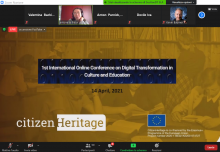
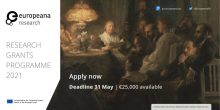
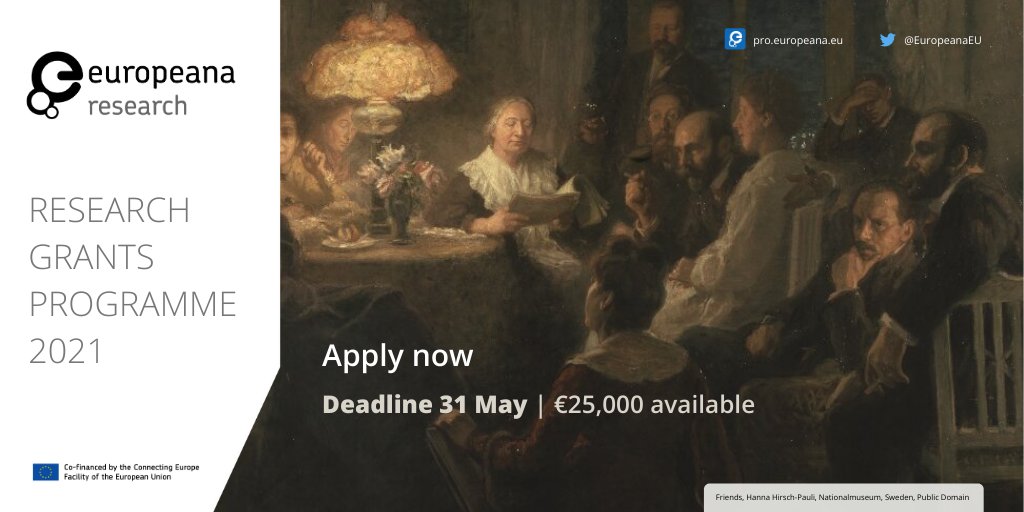
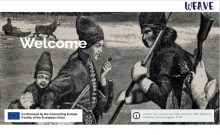
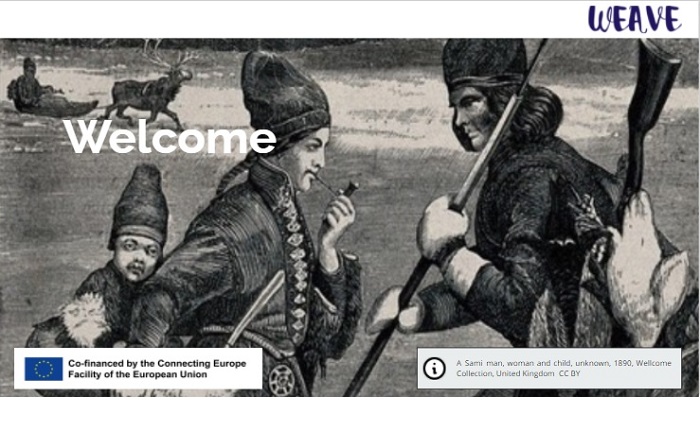
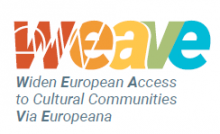 WEAVE will contribute to preserving for future generations the richness of the European identity and its cultural plurality. In particular, the project will aggregate over 5,000 new high-quality records to Europeana related to the rich and invaluable cultural heritage of minority cultural communities, and showcase these collections in a set of engaging editorials and a virtual exhibition. The project will carry out several capacity building activities to develop a closer connection between cultural heritage institutions (CHIs), minority cultural communities and Europeana.
WEAVE will contribute to preserving for future generations the richness of the European identity and its cultural plurality. In particular, the project will aggregate over 5,000 new high-quality records to Europeana related to the rich and invaluable cultural heritage of minority cultural communities, and showcase these collections in a set of engaging editorials and a virtual exhibition. The project will carry out several capacity building activities to develop a closer connection between cultural heritage institutions (CHIs), minority cultural communities and Europeana.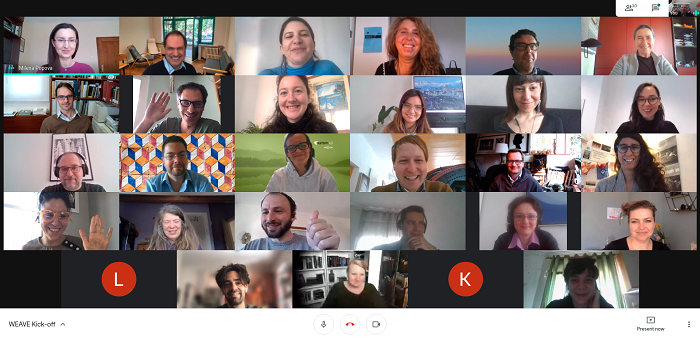
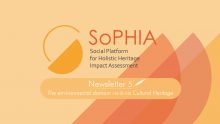
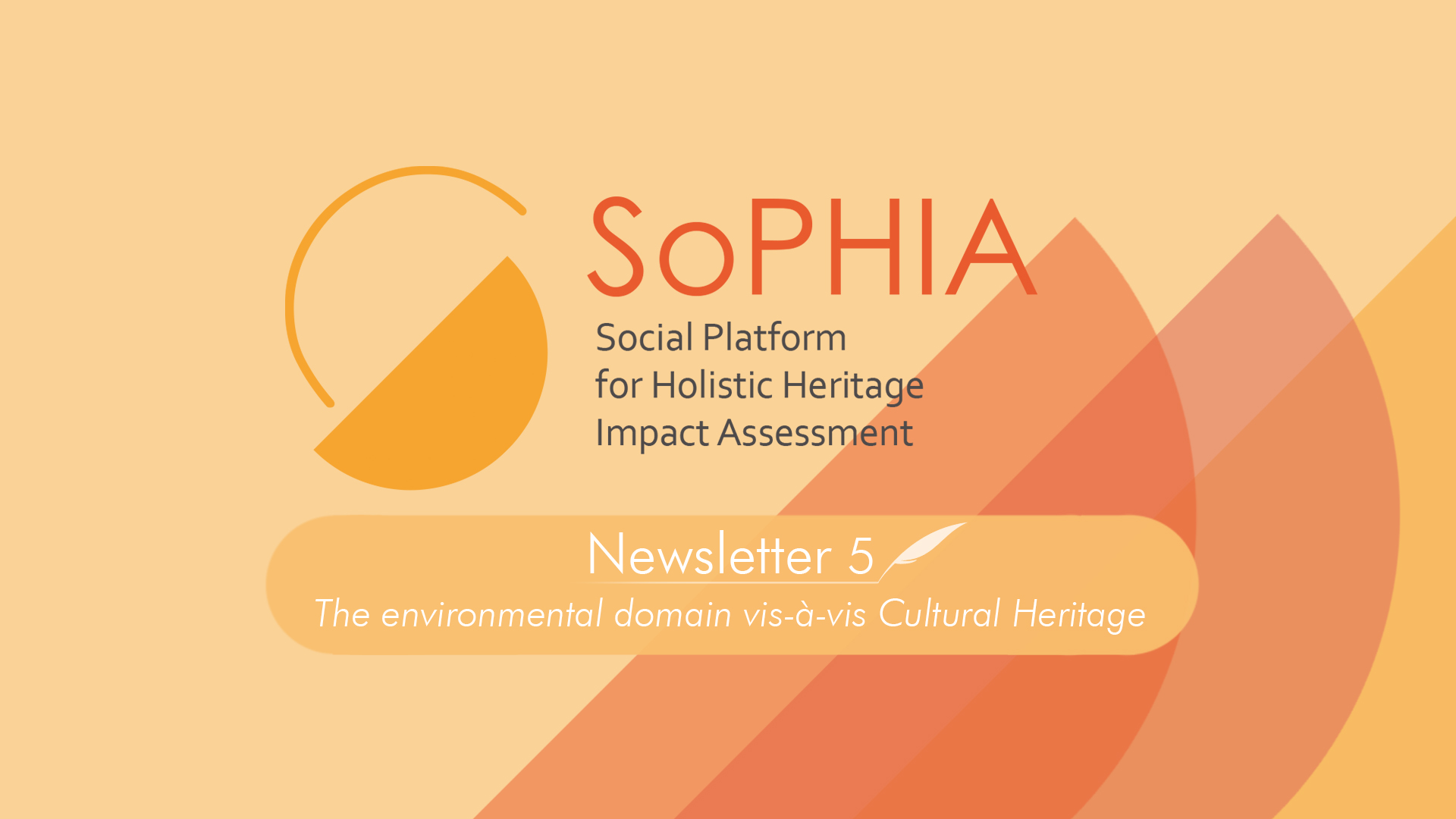 SoPHIA – Social Platform for Holistic Impact Heritage Assessment aims to promote collective reflection within the cultural and political sector in Europe on the impact assessment and quality of interventions in historical environment and cultural heritage at urban level.
SoPHIA – Social Platform for Holistic Impact Heritage Assessment aims to promote collective reflection within the cultural and political sector in Europe on the impact assessment and quality of interventions in historical environment and cultural heritage at urban level.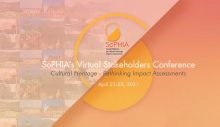
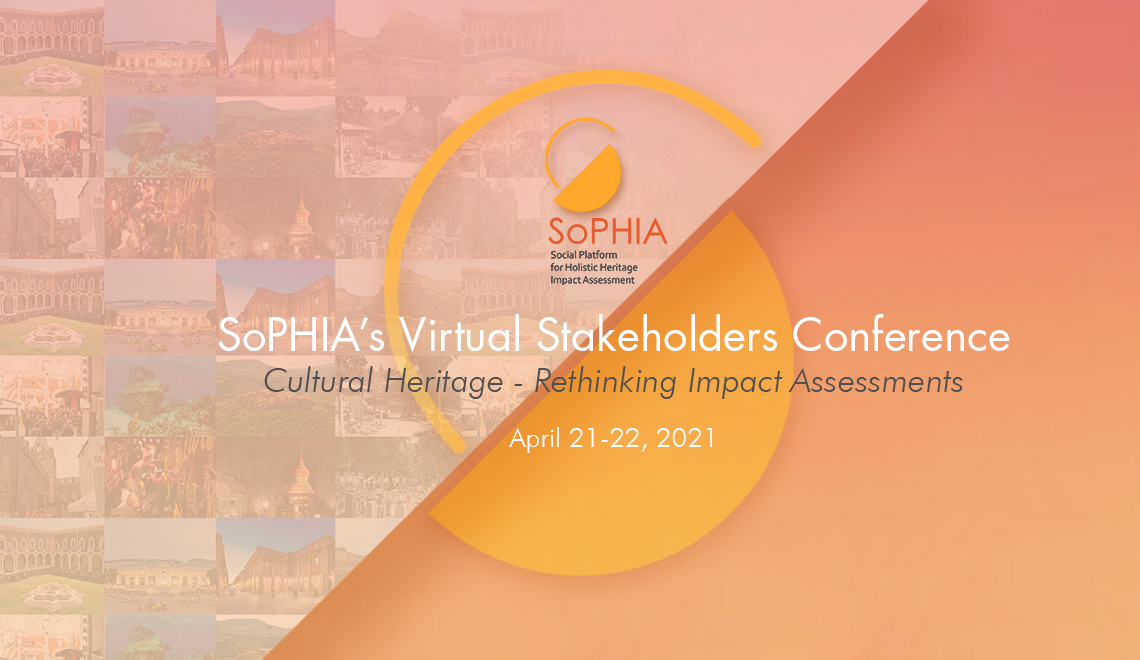

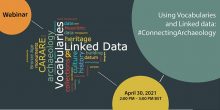
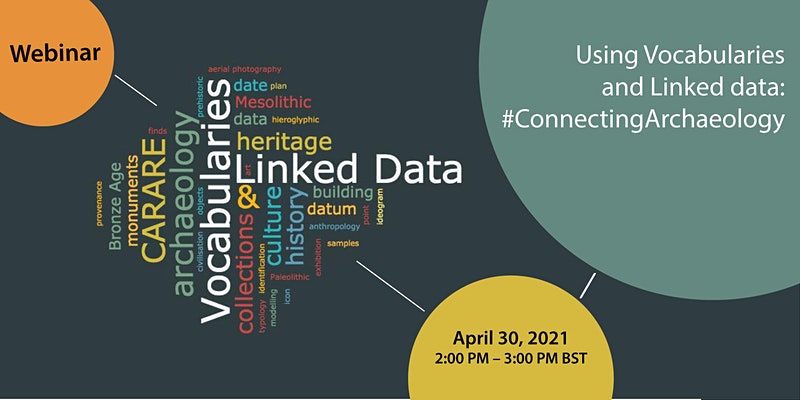
 If you have interesting news and events to point out in the field of digital cultural heritage, we are waiting for your contribution.
If you have interesting news and events to point out in the field of digital cultural heritage, we are waiting for your contribution.














